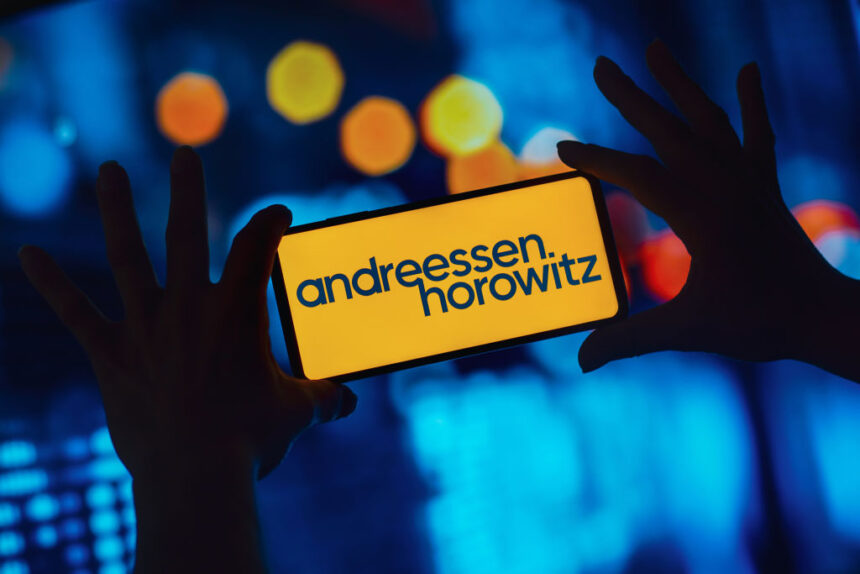Genesis Therapeutics closed a $200 million Series B financing round co-led by venture firm Andreessen Horowitz, the AI-driven drug discovery startup said Monday.
Along with Andreessen Horowitz (a16z) Bio + Health, a returning investor, an unnamed “U.S.-based life-sciences-focused investor” joined as co-head of the raise. Genesis said the fresh capital will enable it to bring its AI-enabled pipeline into the clinic, further advance its platform and expand the pipeline beyond its current confines.
“AI presents a potent opportunity to revolutionize the drug discovery process, which frequently struggles to produce viable drug candidates against targets that are biologically well-validated but considered undruggable due to highly challenging chemistry,” stated Genesis CEO Evan Feinberg.
The Series B round, which brings Genesis’ total capital raised since inception to over $280 million, also drew several new backers.
Those included Fidelity Management & Research, BlackRock and Nvidia’s venture capital arm. The latter firm also recently made a $50 million bet in tech-bio firm Recursion Pharma, whose proprietary biological and chemical datasets are used to train AI models on discovery platforms.
In addition to helping advance its first drug candidates into the clinic, Genesis says the money will go toward developing generative and predictive AI methods, which underpin its platform, dubbed Genesis Exploration of Molecular Space (GEMS).
Genesis also plans to grow its pipeline, initiating new programs for underserved patient populations and leveraging GEMS to “make progress against challenging and previously undruggable targets.”
To the extent Genesis has been able to do that, it’s a testament to its leadership in molecular generative AI, said Vijay Pande, founding general partner at a16z Bio + Health, who also co-invented some of the foundational Genesis deep-learning technologies.
“Blending technology and biomedicine has untapped potential, and it’s an exciting time to be at the nexus of these two powerful forces,” added Pande.
Indeed, so far this year, biotech startups have led all sectors in funding rounds of at least $100 million – with 34 – according to Crunchbase. Meanwhile, AI-based startups across the board, (most of them non-health-related), have received 13 of these rounds.
However, amid an overall VC drought, AI-fueled biotech entrepreneurs at the early stage are drawing their share of funding. Those that have reported smaller raises this year include Atomic AI, which announced a $35 million Series A in January as well as Metaphore Biotech, which snagged $50 million from Flagship Pioneering in May.
That same month, a16z along with General Catalyst poured $50 million into Hippocratic AI. And then there was the year’s most lucrative biotech raise thus far – May’s $300 million Series A round by ReNAgade Therapeutics, an RNA biotech which is reportedly building out its computational biology group with an AI machine learning platform.
As to why firms at the intersection of AI and medicine are on the receiving end of so much VC attention, “[W]hen it comes to generative AI, healthcare is an industry that we view as holding the most potential and measurable impact,” explained two a16z investors when they announced their backing of Hippocratic AI.







